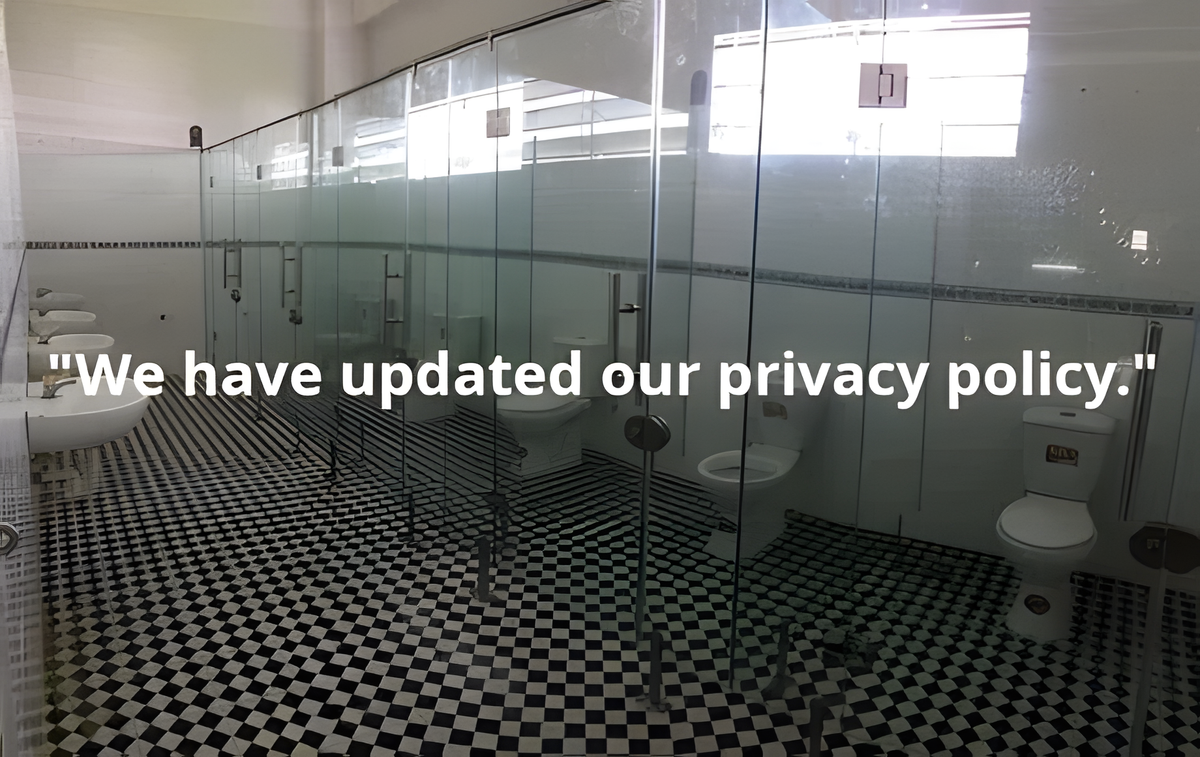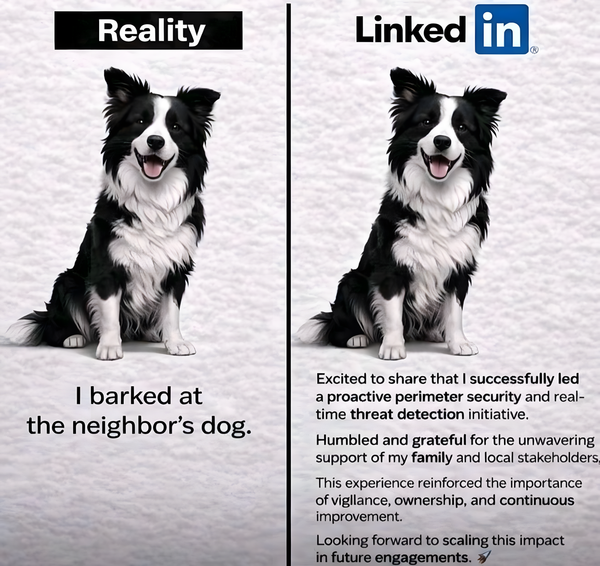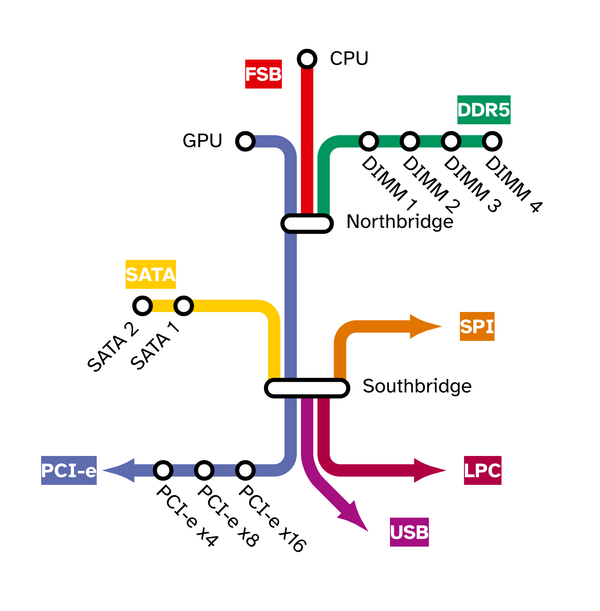The Managers' Guide #106

It's a common misconception that types exist on computers. In reality everything is just integers, except for floating point which are integers but fancy
Eniko Fox
Expert Generalists
- 🧠 The core idea is the “T-shaped” individual — someone who combines deep, expert knowledge in one area (the vertical bar of the T) with a broad base of general knowledge across many other disciplines (the horizontal bar).
- 🤝 The primary benefit is empathy and collaboration — the broad knowledge base allows Expert Generalists to understand, appreciate, and communicate effectively with specialists in other fields, breaking down team silos.
- 💡 Innovation often comes from “associational thinking” — by knowing a little about a lot, an Expert Generalist can connect disparate ideas from different domains to create novel solutions that a pure specialist might miss.
- 📚 Becoming an Expert Generalist is an intentional act of curiosity — it requires actively reading and learning far beyond the boundaries of one’s own professional discipline, treating it as a core skill rather than a distraction.
Gather, decide, execute
- 🔁 The article presents a simple yet powerful three-stage mental model for effective management — Gather, Decide, and Execute.
- 🔎 The “Gather” phase is about collecting all necessary information, context, and stakeholder input first — resisting the urge to jump to a solution before fully understanding the problem.
- ⚖️ The “Decide” phase is the crucial point of commitment where you synthesize information into a clear path forward — the goal is to make a high-quality decision and avoid “analysis paralysis”.
- 🔑 The model’s main value is in consciously separating these stages — most project failures happen when these phases are improperly mixed, like trying to execute while still gathering information.
This Is How You're Eroding Accountability
- 🌫️ The biggest destroyer of accountability is ambiguity — if you are not precise about what needs to be done, who owns it, and by when, you create loopholes for responsibilities to be dropped.
- 🦸 Managers who act as the “Chief Problem Solver” and jump in to fix everything undermine their team’s ownership — this behavior trains people to escalate problems rather than solve them.
- 🤷 Accountability requires consequences — when commitments are missed and there is no follow-up conversation or action, you signal to the entire team that promises are optional.
- 🗺️ A common mistake is accepting excuses instead of demanding a new plan — the right response to a setback is not “Why did this happen?” but rather “What are you going to do to get it back on track?”.
Working fast and slow
- 🏃♂️ The article defines two modes of work — a “Fast Mode” for reactive tasks and immediate execution, and a “Slow Mode” for deep, strategic thinking and planning.
- 🪤 Most modern workplaces create a “Fast Mode” trap — the constant stream of notifications and urgent requests keeps us in a reactive state, preventing us from engaging in more thoughtful work.
- 🔥 Constantly operating in “Fast Mode” is unsustainable — it leads to burnout, technical debt, and building the wrong solutions because there is no time to step back and see the bigger picture.
- 🗓️ The key takeaway is to be intentional about protecting your time for “Slow Mode” — you must actively block out time on your calendar and disconnect from distractions to think strategically and do your best work.
Serving a billion web requests with boring code
- 🔧 You can handle enormous scale — over a billion requests — with a simple, traditional tech stack like Django, PostgreSQL, and Nginx.
- 🖥️ A single, modern dedicated server is incredibly powerful and cost-effective — the author served a billion requests from a machine costing only €40 per month.
- ✅ This simple setup avoids the immense operational complexity of modern cloud tools — making it easier to deploy, debug, and maintain, especially for a solo developer.
- ⚖️ The approach is about pragmatic engineering — understanding and accepting the trade-offs, like having a single point of failure, in exchange for profound simplicity and low cost.
That’s all for this week’s edition
I hope you liked it, and you’ve learned something — if you did, don’t forget to give a thumbs-up, add your thoughts as comments, and share this issue with your friends and network.
See you all next week 👋
Oh, and if someone forwarded this email to you, sign up if you found it useful 👇



